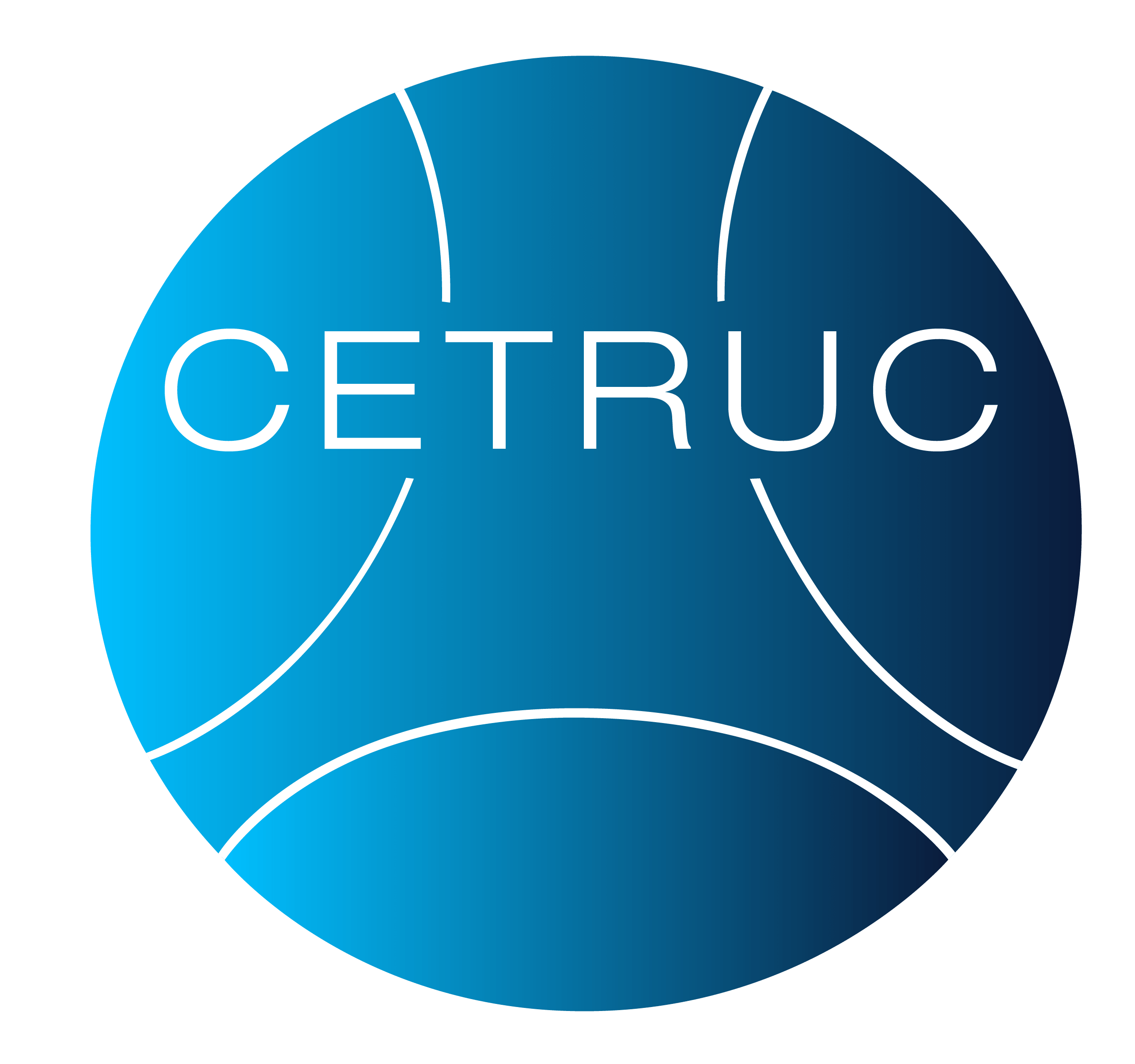What is Prostate Cancer?
In Portugal alone there are 130 thousand cases. Worldwide, 2.6 million cases have been diagnosed, being the 2nd most common cause of death in men. In Europe alone, about 300 men die a day from prostate cancer. These are very high numbers that can be easily controlled. The secret lies in prevention and early diagnosis. Therefore, we advise you to do the screening!
When should prostate cancer screening be performed?
All men over the age of 50 should be screened. If you belong to a risk group (black men and men with 1st degree relatives - brothers or father who suffer or have suffered from cancer) you should perform it from the age of 40, as they are 3 times more likely to have cancer. prostate cancer.
How is prostate cancer tracked?
Tracing is very simple to perform. It is done using a blood test that analyzes a prostate-specific androgen called PSA. This analysis makes it possible to identify changes that can help diagnose prostate cancer.
How likely are you to have prostate cancer?
Any man in Portugal or Europe has a 17% chance of getting prostate cancer
How can prostate cancer be diagnosed?
Dr. Carlos Rabaça explains in a report to channel Sic which elements are necessary to make a diagnosis of prostate cancer: performing a PSA, digital rectal examination and prostatic ultrasound. Through these three exams, the need to perform (or not) a prostate biopsy transrectally is determined.
You can also consult more detailed information on Prostate Cancer: diagnosis and treatment by Dr. Carlos Rabaça.
Tratamentos do cancro da próstata
Existem vários tratamentos disponíveis que são utilizados consoante a gravidade do tumor e da idade do paciente.
Radical prostatectomy
It is a surgical technique in which the prostate is resected.
External radiotherapy
External radiotherapy consists of the application of radiation from an external source (it is the most used radiotherapy in most situations, other than prostate cancer);
Prostatic brachytherapy
Brachytherapy is a non-invasive surgical technique alternative to radical prostotectomy. The CETRUC team specializes in brachytherapy. See detailed information about the surgical technique and its success on the brachytherapy page.

